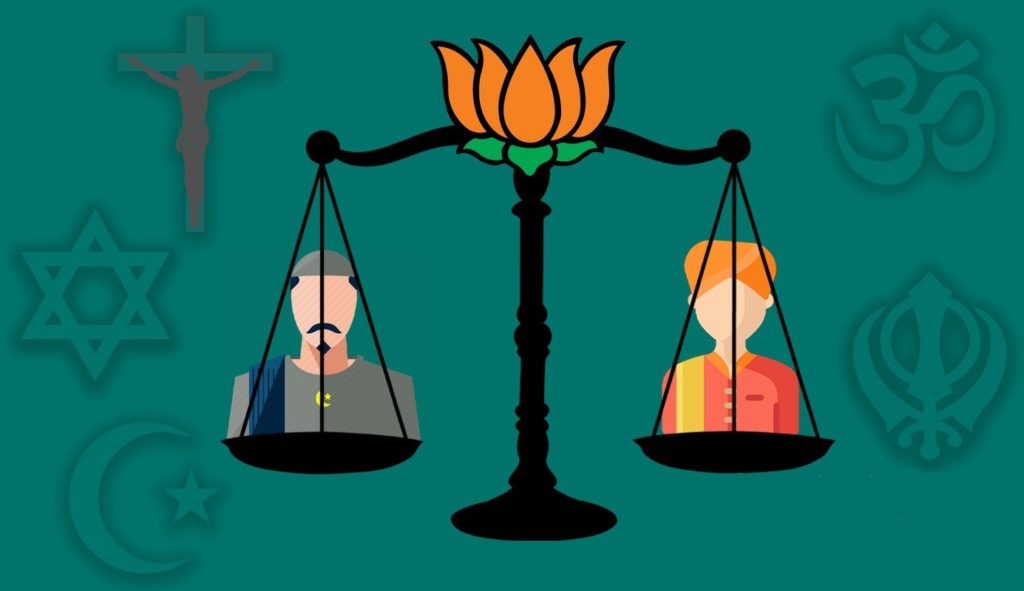
Uniform Civil Code
With the Lok Sabha election looming, Prime Minister Narendra Modi aims to highlight the fulfillment of key electoral promises, including the abrogation of Article 370, the construction of the Ram temple, and the enforcement of a Uniform Civil Code (UCC). However, the push for a UCC in Uttarakhand has sparked controversy and criticism.
Characterized by its opaque approach, the Modi government has initiated the implementation of a UCC in Uttarakhand, with a special assembly session scheduled for February 5th to pass the bill. However, the process has raised concerns about transparency and inclusivity.
The draft of the UCC was submitted to the state government on February 2nd, with former Supreme Court judge Ranjana Prakash Desai and a five-member committee overseeing its formulation. However, the lack of circulation among legislators and public disclosure has drawn scrutiny. Critics argue that the rushed approach undermines democratic principles and inclusive governance.

Uniform Civil Code
Khadeeja, a practicing lawyer, questions the sincerity of the government’s efforts, highlighting the absence of representation from diverse religious communities in the drafting committee. She argues that existing personal laws do not necessarily discriminate and calls for addressing gender disparities within Hindu law and property laws across states.
Polygamy, often cited as a concern, is dismissed by Khadeeja, who references census data to challenge its significance within the Muslim community. Others, like author Pamela Philipose, view the UCC implementation as part of a broader agenda targeting minority communities, echoing concerns raised by activists and religious leaders.
Sonal Kellogg, a Christian activist, voices apprehension about shrinking space for minorities, citing incidents of attacks on churches and biased law enforcement. Similarly, Amarjeet Kaur from the All-India Trade Union Congress emphasizes the lack of consultation with minority groups and advocates for a more inclusive approach to addressing gender discrimination in personal laws.
Zinat Aman, drawing from her family’s political legacy, criticizes the UCC’s implementation, questioning its timing and intentions in a post-Ram temple inauguration era. Tribal communities, fearing the erosion of their cultural identity, also express apprehension about the UCC’s impact.
The BJP’s assertion that gender equality hinges on a UCC is met with skepticism from minorities, who view the move as politically motivated. As the debate intensifies, concerns persist regarding the UCC’s potential to exacerbate divisions rather than promote unity.
With just weeks remaining until the election, the controversy surrounding the UCC in Uttarakhand underscores the complexities and sensitivities involved in implementing sweeping legal reforms. As stakeholders continue to voice their concerns, the path to a truly inclusive and equitable UCC remains uncertain.
Crime Today News | India
Powered by Yes Mom Hosting






